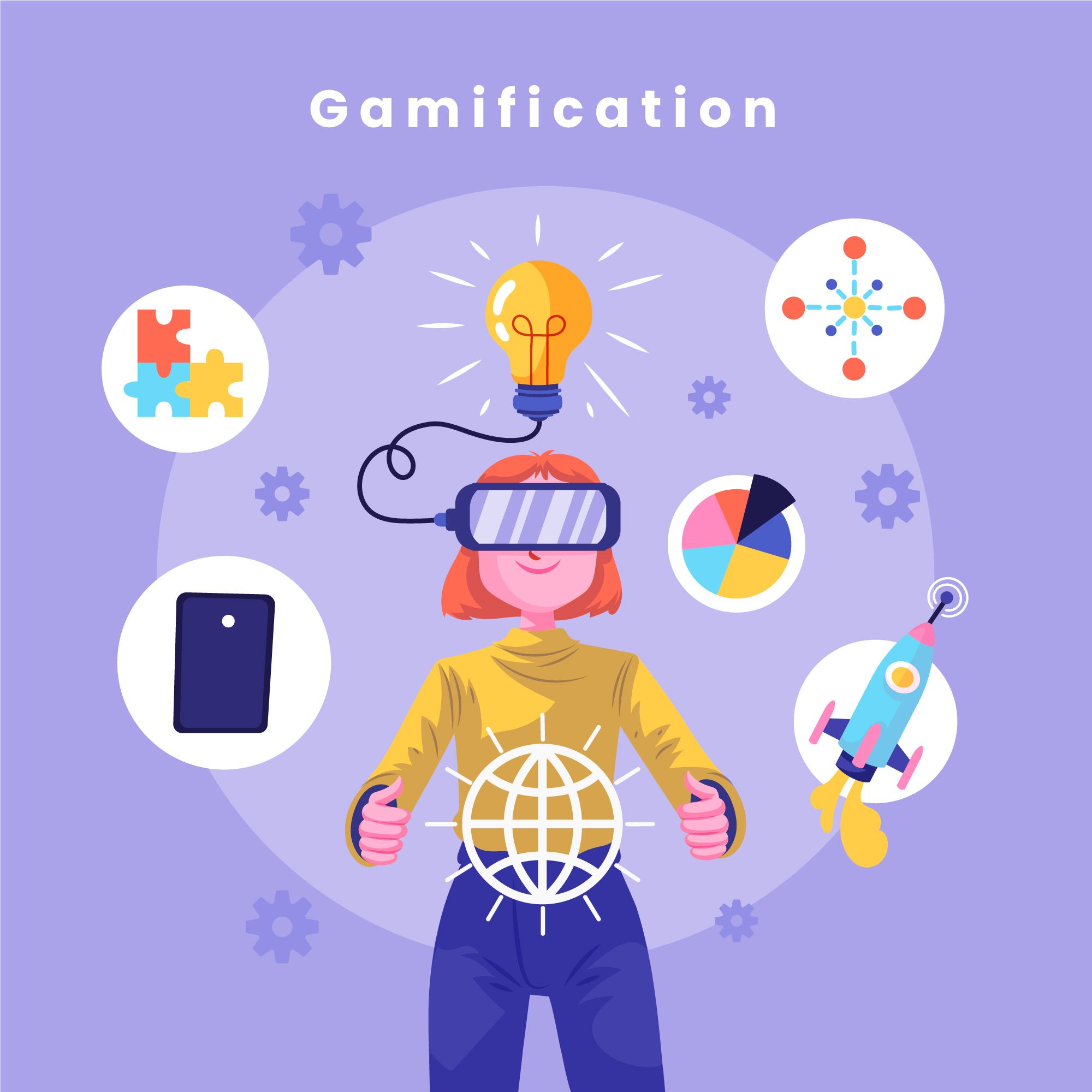Why You Need To Seek Out What’s Different

Photo by Diego Botero on Unsplash
By the time you read this article you are likely to have already done a myriad of things – many of which were based on your habits.
Humans are habitual creatures, who are comfortable with routine. However, our habits and routines aren’t just about what we do. They are also about how we think and decide.
Our brain uses information that it has gathered from the past to determine what to do right now.
It works like this. As your brain takes in new information it tries to make sense of what it is seeing and hearing; essentially, so it can work out what to do. To ease the cognitive load this processing takes, it compresses information and sorts it into patterns. It looks for things that are familiar and then says – ‘I now know what to do’.
This process is effectively your brain taking a mental short cut, known as a heuristic. It’s designed to help you work out what to do as quickly as possible. It’s also your brain’s way of making big things and complex issues easier to manage, and ultimately remember.
So, it’s ultimately a time saving device, and often, very handy.
The problem is the brain’s short cutting process isn’t always reliable. For example, your brain may expect to see something in a certain way, and so it will seek out information to validate that view. It may use past experiences or assumptions that are no longer relevant to determine a present course of action.
When you are facing unchartered territory, relying on what you have always done before and using such default thinking patterns is fraught with danger.
You can also see this play out in how some leaders hire and recruit. It’s natural to want to work with people you like and find easy to work with, and consequently when you are building a team or forming work groups you often seek out such people. This is either done consciously or subconsciously. In the case of recruitment, for example, search criteria often specifically reference the desire to find a candidate where there is cultural fit.
However, when you strip away the layers and get to the base level drivers what the person is looking for is someone who they feel comfortable with. That is, someone who they connect with because they can see aspects of themselves in that person. However, when you hire people like yourself, you are filling your team with people who have similar backgrounds, experiences and thought processes.
Related: Does Your Business Sacrifice Diversity For Comfort?
Cognitive diversity plays a critical role in effective decision making.
Humans are tribal creatures, who like to fit in and be part of the pack. This can create pressure to conform, leading people to hold off challenging or questioning.
I’m sure you’ve seen times when a decision is taken, purely on the fact that everyone else is doing it. While these choices can be as simple as a tragic fashion selection (I’m thinking leg warmers and baggy jeans), they can also have far bigger consequences when they involve investment decisions and life choices.
In the workplace, this is more likely to happen in groups which are homogeneous. The more alike people are, the more likely they are to think along the same lines and therefore there is less room for debate, discernment and disagreement.
Research by Associate Professor of Management and Organisations at the Kellogg School of Management, Katherine Phillips, and colleagues found that diverse teams often make better decisions as they ensure different views are considered. Their research demonstrated the better decisions were not the result of new ideas, but because the diversity caused more careful information processing than in the homogeneous groups.
Similarly, Scott Page and Lu Hong found that groups of diverse problem solvers can actually outperform groups of what they termed ‘high ability’ problem solvers. While they concluded that the ideal group for decision making would be high ability problem solvers, who are also diverse; they also found that a person’s ability may not be as important in determining their potential contribution as a problem solver than measures of how differently a person thinks.
Ensuring there is diversity of thought presented when ideas are being discussed is one way of helping to mitigate this. Diversity of thought isn’t just generated from the information that is shared, but by the questions that are asked.
As the noted economist, John Maynard Keynes once said: “The difficulty lies not so much in developing new ideas as in escaping from old ones”.
Related: Inclusion And Diversity Starts With Leaders
It’s impossible to escape those old ideas if you always surround yourself with what’s known, familiar and comfortable.
Republished with courtesy from michellegibbings.com
This article is also available in Chinese.
Inspire your diverse team to keep learning. Watch this video here on Necole.
**SPECIAL OFFER - Use this code LEARNWITHUS and get a 5% discount on your subscription to Necole. To find out more about Necole or to subscribe, click here. This offer is valid only up to 31st December 2021.
Leaderonomics.com is an advertisement free website. Your continuous support and trust in us allows us to curate, deliver and upkeep the maintenance of our website. When you support us, you allow millions to continue reading for free on our website. Will you give today? Click here to support us.
Functional
Tags: Executing Leadership, HR, Building Functional Competencies, Team Leadership, Business Management
Michelle Gibbings is a workplace expert and the award-winning author of three books. Her latest book is 'Bad Boss: What to do if you work for one, manage one or are one'. www.michellegibbings.com.





